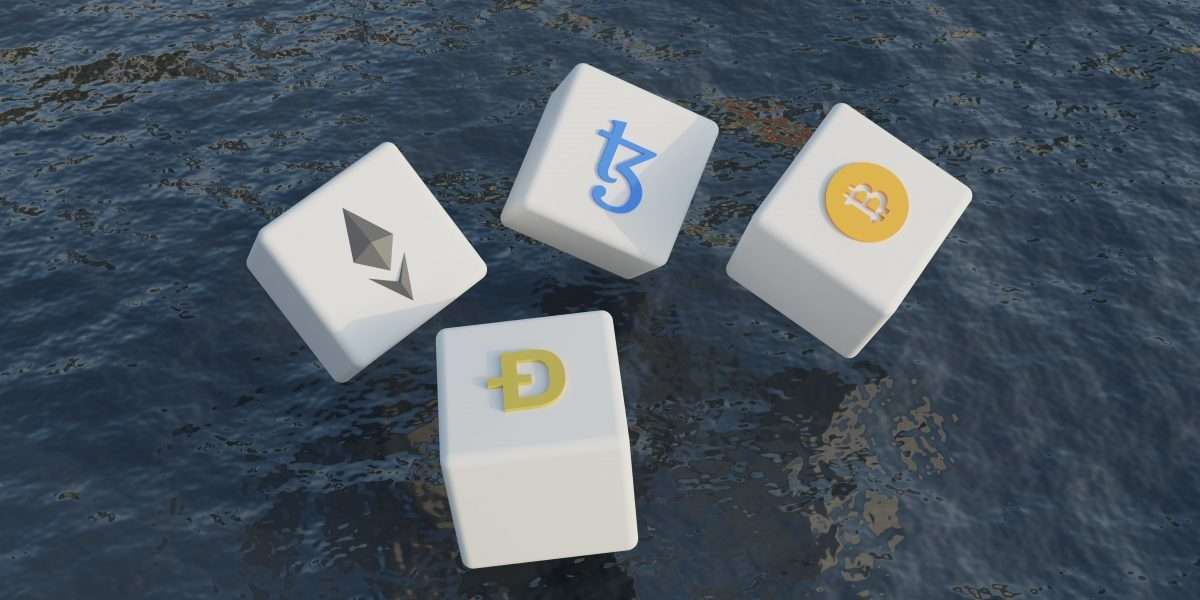Which blockchain technologies are likely to have the biggest impact on gaming?


Gaming has come a long way over the years. From the first ever video game, Spacewar, back in 1962 to modern AAA titles like Grand Theft Auto and Call of Duty, technology has made the medium bigger, better and more exciting.
Technological developments have also seen the creation of online casinos that allow players to enjoy traditional card and table games from a computer or mobile device, many of which have also created unique video slots that include features such as free spins bonuses, mini games and progressive jackpots.
In 2022, the relationship between technology and gaming is still strong and developers are experimenting with all the latest developments. This has led to the creation of virtual reality and augmented reality games such as Beat Saber and Pokémon GO.
The craze for more technology in gaming has also seen many developers and gamers looking at the possibility of incorporating the blockchain into their titles. Early attempts at this have produced mixed results with some falling at the first hurdle and others becoming very popular.
But which elements of blockchain technology are likely to have the greatest impact on gaming?
Play to earn
In the past, video games have cost players money. This makes sense as it takes time to design, develop and distribute a new title and the creators need to recoup those costs.
The play-to-earn (or P2E) concept completely turns this on its head by giving users the opportunity to generate an income or acquire assets that can later be sold for cryptocurrency or cash.
The implementation of this technology has been mixed, and while some games, like Axie Infinity, have become huge hits, others have struggled to survive in recent months.
The main factor in this regard is whether there is value in the game beyond the crypto element. If it’s fun, it doesn’t matter what assets you acquire, if it’s not fun, it’s just a job.
NFTs
Non-Fungible Tokens (NFTs) were the biggest blockchain technology in 2021. In some corners of the crypto world, they were all anyone could talk about, so it shouldn’t come as a huge surprise that they’ve found their way into games.
In addition to indie developers creating titles that fit around NFTs, major publishers have also been looking for ways to incorporate the technology into their titles.
In November 2021, Electronic Arts CEO Andrew Wilson called NFTs “the future of our industry”, although he added that his company was still a long way from incorporating the technology into any of its retail titles. However, EA has been recruiting for several NFT and blockchain roles in recent months, showing that its commitment to the technology is serious.
Its competitor, Ubisoft, has gone further by actually releasing an NFT system called Quartz. It was released back in December and described by the company as a world-first system of “playable and energy-efficient NFTs” for blockbuster movies.
Ubisoft calls its NFTs “Digits” and allows players to buy, sell and trade them among themselves on a secondary marketplace. However, Ghost Recon Breakpoint, which was the first game released with Digits, received backlash from players.
The company plans to continue, but it’s likely to tweak the system for future releases.

Smart contracts
Smart contracts were one of the earliest examples of blockchain utility, as they allow two parties to engage in some sort of trade, transaction, or agreement with the smart contract as the arbiter.
They have found their way into gaming through early blockchain-based casinos and sports betting sites.
These betting services use smart contracts to ensure fairness as they define the conditions under which a bet will be considered won or lost and enforce payment when these conditions are met.
So far they have not seen widespread adoption among the iGaming industry because it already has other mechanisms to achieve this. However, that’s not to say they couldn’t start embracing it more in the future.
























